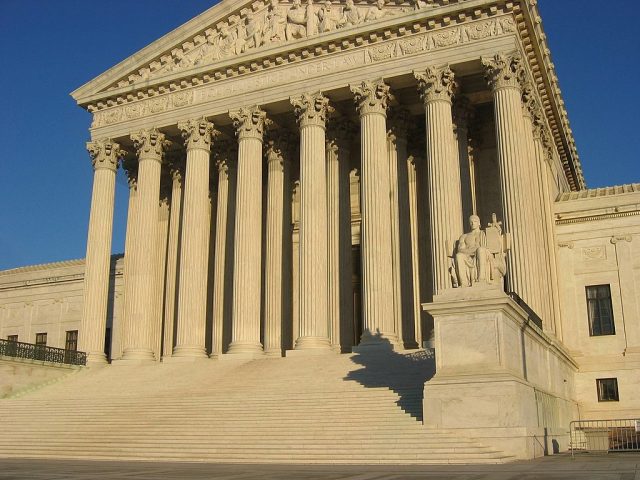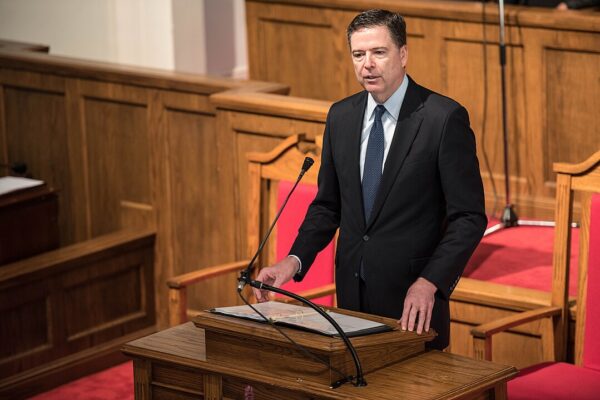Report: First Trump $1,000 ‘Self-deport’ Flight Conducted By DHS
The Department of Homeland Security (DHS) has conducted its first charter flight for migrants who agreed to “self-deport.”
The flight took 64 citizens of Colombia and Honduras to their home country.
“This was a voluntary charter flight, not an ICE enforcement operation,” DHS said in a press release, referring to U.S. Immigration and Customs Enforcement.
“All participants were offered the same benefits as any illegal alien who self-deports using the CBP Home App. They received travel assistance, a $1,000 stipend, and preserved the possibility they could one day return to the United States legally.”
Despite the early success of the deportation flights, the American Immigration Lawyers Association (AILA) cautioned people against taking the assistance, noting that some may not be able to return to the U.S. in the future.
“AILA cautions individuals when reviewing the announcement to understand it is deceptive and gives people the impression there are no consequences, such as being barred from returning in the future. No one should accept this without first obtaining good legal advice from an immigration attorney or other qualified representative,” the group said when the move was first announced.
“It is unethical for the government to tell people ‘Self-Deportation Is Safe’ but not explain the hardship and legal risks to them, especially for people who do not have an attorney and will not know their rights under the law.”
DHS on Monday said those in the group “chose to return home the right way,” and in contrast with other media distributed by the agency, showed photos of smiling migrants descending from planes, welcomed by host country governments waiting with stuffed animals for children.
They noted that in Honduras, returnees were also eligible for $100 in government assistance as well as food vouchers.
DHS defended the massive undertaking in an interview with Fox News earlier this month, saying the self deportation flights will be 70% cheaper for American taxpayers, as it currently costs DHS, on average, over $17,000 to arrest, detain, and deport someone. DHS told Fox News that paying for aliens to remove themselves, even with the stipend, is anticipated to cost only around $4,500 on average.
The stipend would not be paid until it was verified that an individual self-deported. Aliens will use the CBP Home self-deportation app to access this assistance, and DHS expects self-removals, already in the thousands, to ramp up significantly with this announcement.
According to a news release, those who use the CBP Home app to leave the U.S. will be “deprioritized for detention and removal” if they are actually taking steps to exit the country.
“If you are here illegally, self-deportation is the best, safest and most cost-effective way to leave the United States to avoid arrest,” DHS Secretary Kristi Noem told Fox News in a statement.
“DHS is now offering illegal aliens financial travel assistance and a stipend to return to their home country through the CBP Home App. This is the safest option for our law enforcement, aliens and is a 70% savings for US taxpayers. Download the CBP Home App TODAY and self-deport,” she continued.














